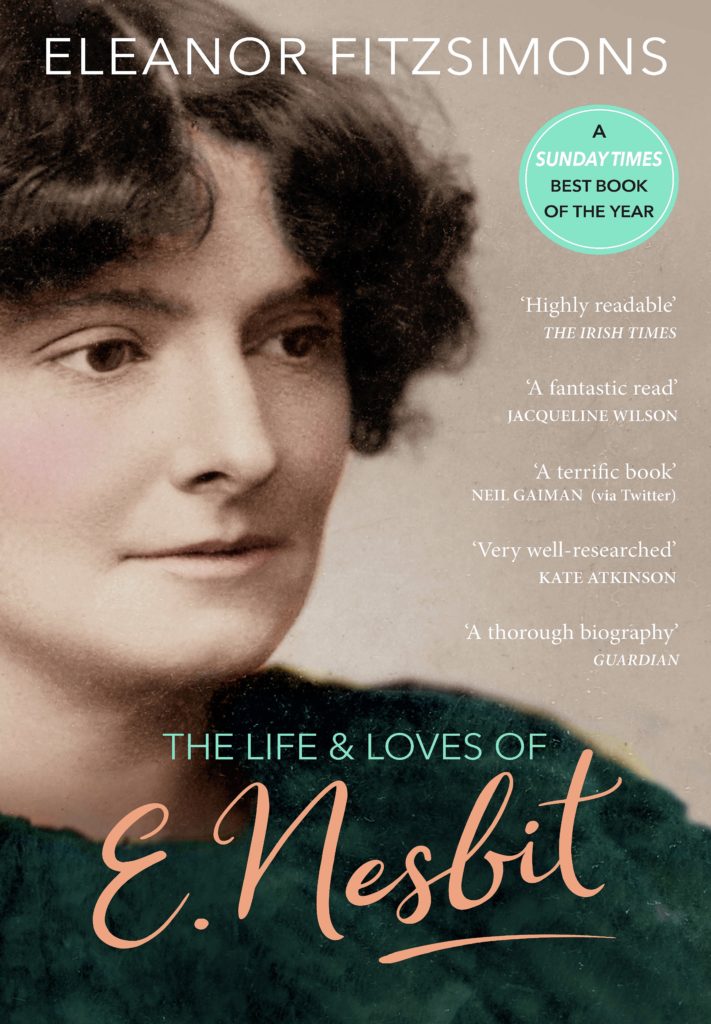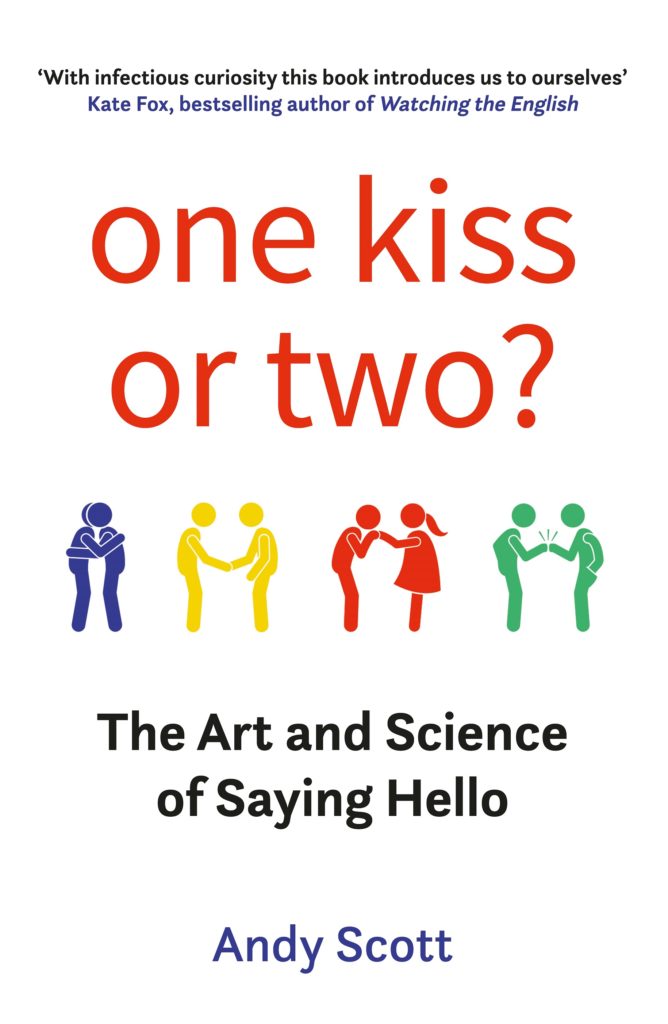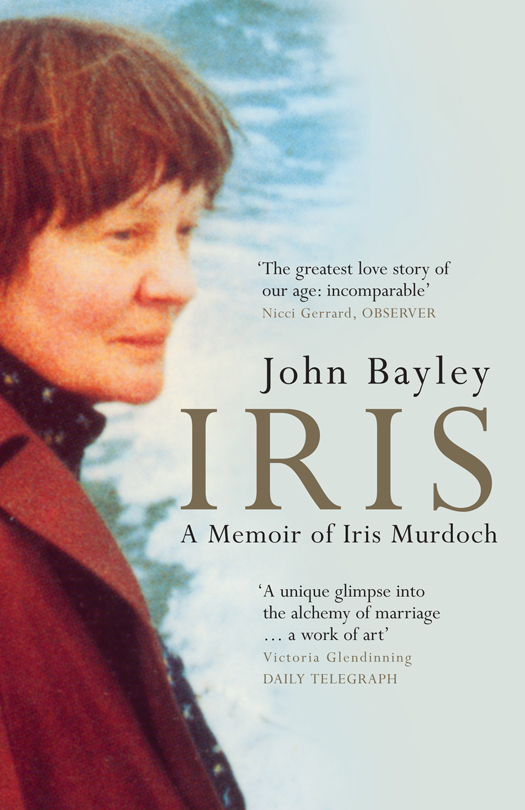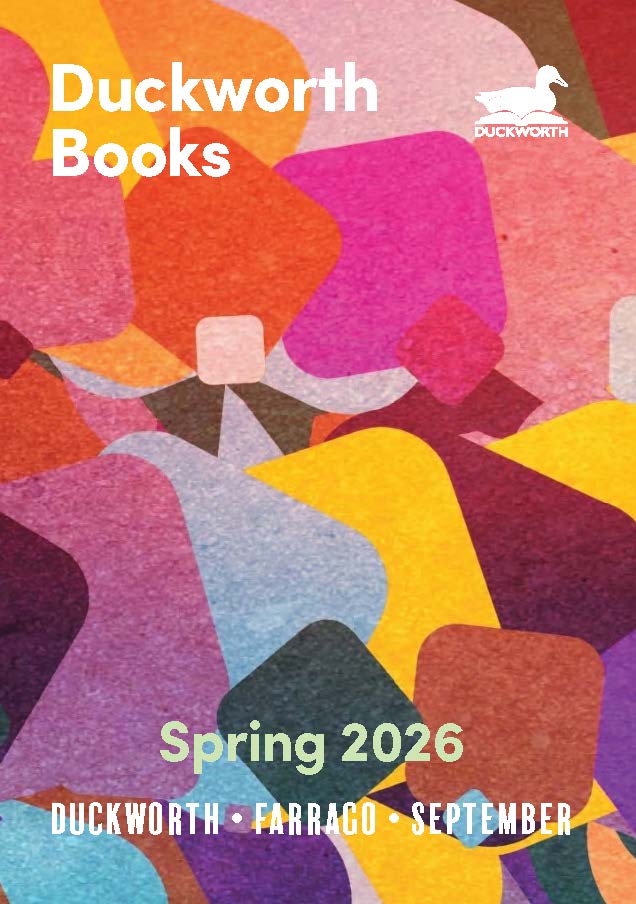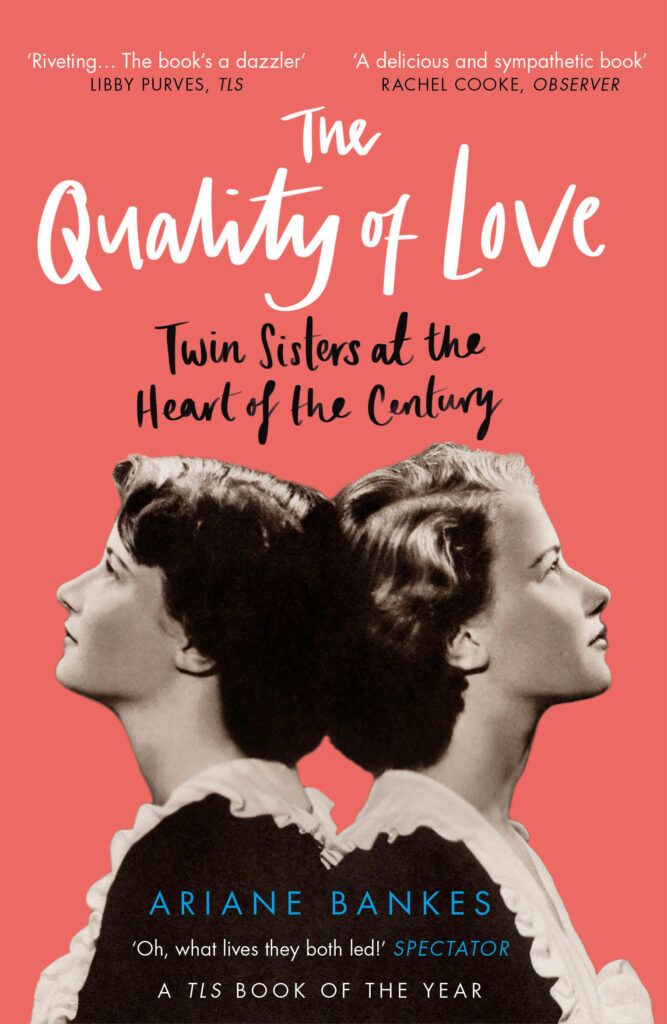
‘Oh, what lives they both led!’ Spectator
‘Enriched by the correspondence between the twins – for, ultimately, the great love story is theirs alone’ Telegraph
A TLS Book of the Year
When her mother Celia Paget died, Ariane Bankes inherited a battered trunk stuffed with letters and diaries belonging to Celia and her twin Mamaine. This correspondence charted the remarkable lives of the Paget sisters and their friends and lovers, including Arthur Koestler, Albert Camus, Sartre and de Beauvoir, and George Orwell.
Out of this rich archive, The Quality of Love weaves the story of these captivating and unusually beautiful identical twins who overcame a meagre education to take 1930s London society by storm and move among Europe’s foremost intellectuals during the twentieth century’s most dramatic decades. Above all, it is a sparkling portrait of the deep connection between two spirited sisters.
